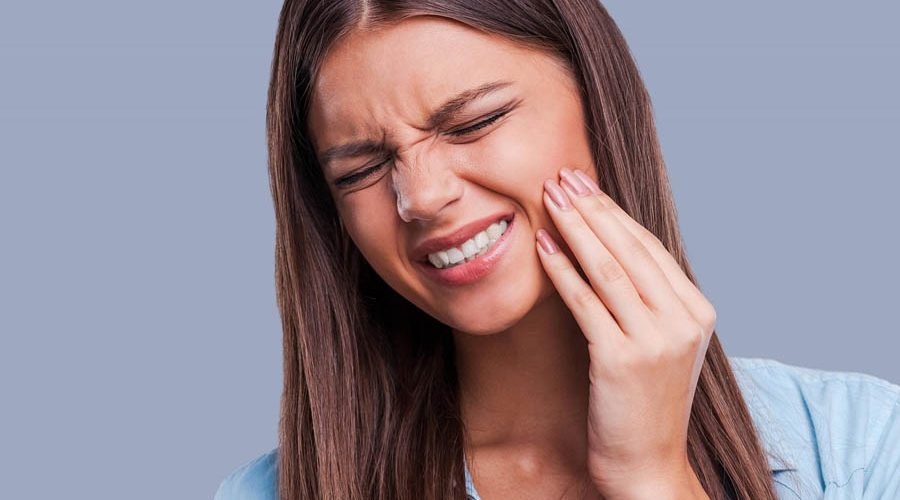Oral hygiene is paramount to good oral health and is vital in stemming oral cancer. Oral cancer is a severe medical condition that can impact anyone, regardless of age, gender, or lifestyle. It is a sort of cancer that materializes in the mouth or throat and can be life-threatening if not witnessed and ministered to early. Bad oral hygiene can increase the gamble of developing oral cancer, and it is paramount to comprehend the association between the two to preserve good oral health.
Typical symptoms of Oral Cancer
Oral cancer can occur in additional regions of the mouth, including the lips, tongue, gums, cheek lining, and the roof or floor of the mouth. It can also evolve in the throat, including the tonsils and the base of the tongue. The most typical symptoms of oral cancer include persistent mouth sores, white or red patches on the gums or tongue, difficulty swallowing, and swelling in the mouth or throat. Other symptoms may enclose ear pain, a lump in the neck, and differences in voice or speech.
Various risk elements are associated with oral cancer, and bad oral hygiene is one of them. Poor oral hygiene can hoard bacteria and other harmful substances in the mouth, damaging the tissues and increasing the risk of cancer. When the mouth is not cleansed properly, bacteria can build up in the plaque and cause inflammation and infection in the gums. This condition, known as periodontitis, can damage the soft tissues and bones that support the teeth, leading to tooth loss.
The inflammation and infection induced by periodontitis can also impair the DNA in the mouth and throat cells, ushering mutations that can compel cancer. The contaminated ingredients in tobacco products, such as cigarettes and chewing tobacco, can also harm the DNA and boost the risk of oral cancer. Alcohol consumption can also augment the risk of oral cancer, particularly when incorporated with tobacco use.
The human papillomavirus (HPV) is another risk element for oral cancer, and it is more typical in people with inadequate oral hygiene. HPV is a sexually transmitted virus that can generate warts and other types of cancer, including oral cancer. People who employ unprotected oral sex with numerous partners are more likely to acquire HPV, which can enhance the chance of formulating oral cancer.
How to Prevent Oral Cancer?
It is essential to maintain good oral hygiene to prevent oral cancer and other oral health problems. Brushing twice daily with fluoride toothpaste and flossing daily can help remove plaque and bacteria from the mouth, reducing the risk of periodontitis and other oral health problems. Regular dental checkups and cleanings are essential to glimpse and treat oral health problems early, including oral cancer.
Eating a healthy and balanced diet can also help prevent oral cancer. A diet rich in fruits and vegetables, whole grains, and lean proteins can furnish the nutrients required to maintain good oral health and reduce cancer risk. Sidestepping tobacco products, including cigarettes and chewing tobacco, and confining alcohol consumption can also help lessen the risk of oral cancer.
How to treat Oral Cancer?
Early detection is critical to the successful treatment of oral cancer. Regular dental checkups can help detect oral cancer in its early stages, increasing the chances of successful treatment. During a dental exam, the dentist will look for signs of oral cancer, including mouth sores, red or white patches, and lumps in the neck or mouth. The dentist may also execute a biopsy, which concerns removing a small tissue sample from the mouth or throat to be examined for cancer cells.
Treatment for oral cancer relies on the phase and location of the tumor. In some cases, surgery may be demanded to release the cancerous tissue. Radiation therapy and chemotherapy may also kill cancer cells and shrink tumors. Earlier detection and therapy can remarkably enhance the chances of successful treatment and lower the risk of complications.
Oral cancer can have meaningful emotional and social impacts in supplementing the physical effects. Treatment for oral cancer can be challenging and may require lifestyle changes and a considerable amount of time and effort. It can also cause pain, discomfort, and changes in appearance that can affect self-esteem and confidence.
Preventing oral cancer through good oral hygiene and a healthy lifestyle can help reduce the risk of developing this condition and improve overall oral health. It is also essential to enlighten yourself about the risk elements for oral cancer and to seek professional help from KA Dental – Royal Palm Beach if you notice any symptoms or changes in your mouth or throat.





